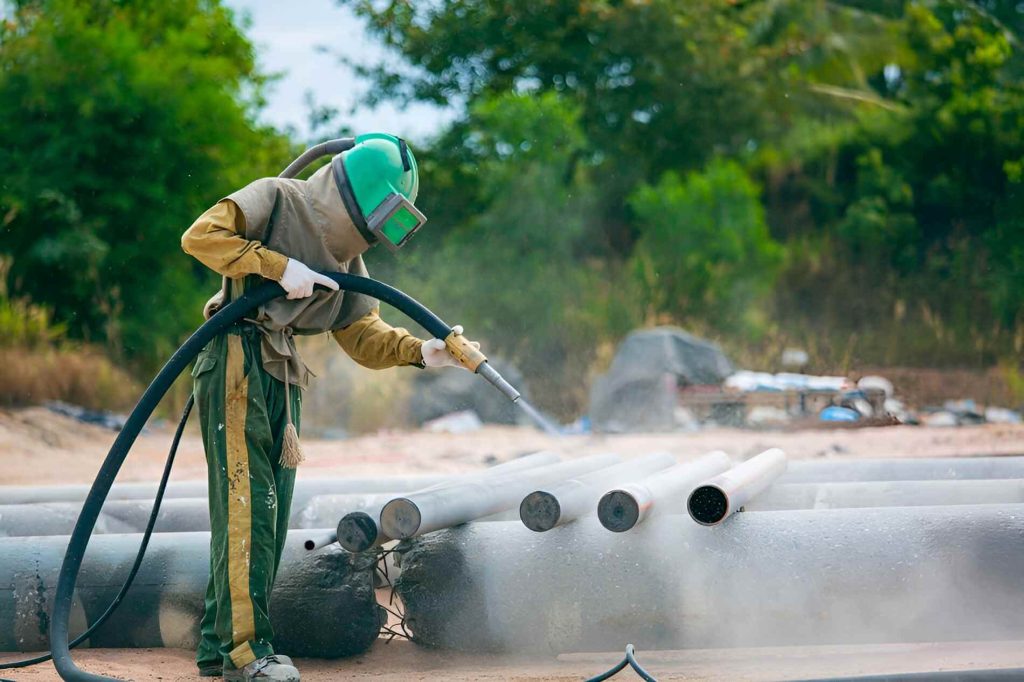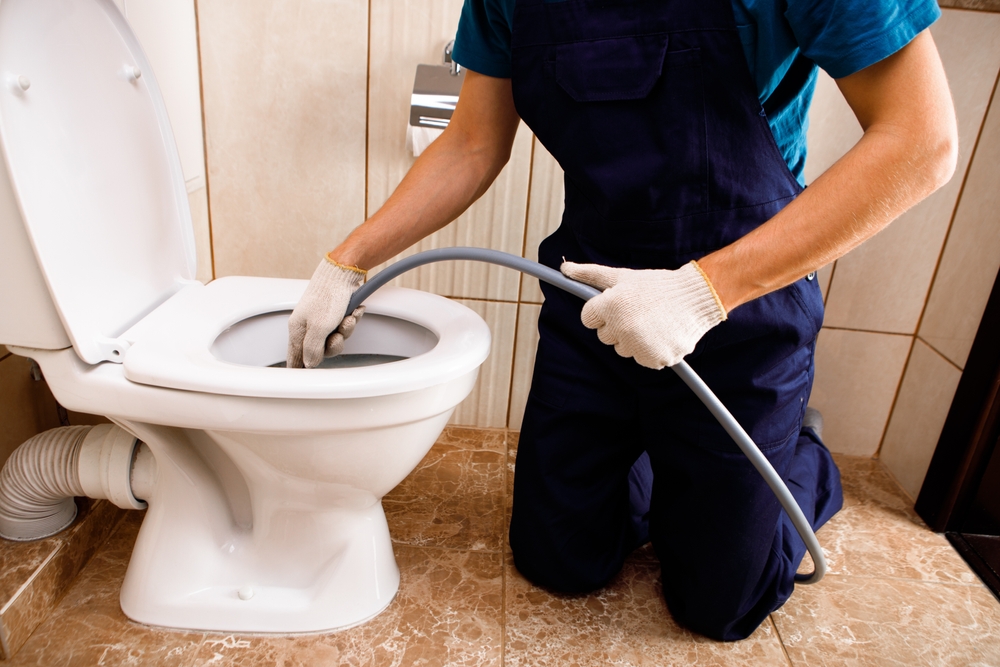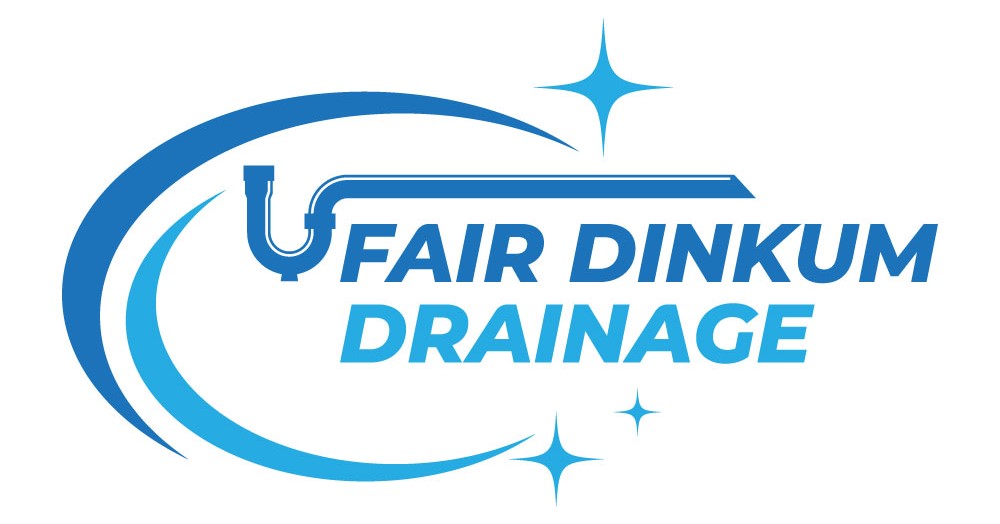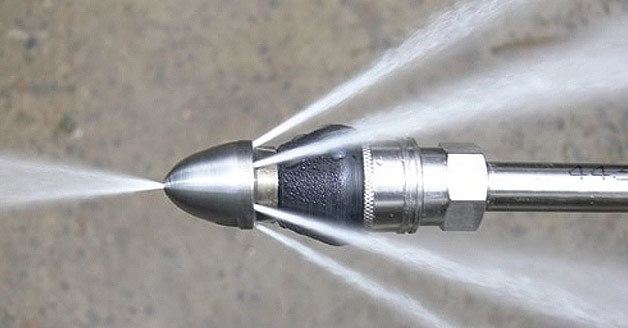Hydro jetting has gained popularity as a highly effective method for clearing stubborn clogs and blockages in drains and sewer lines. This powerful technique utilizes high-pressure water streams to dislodge debris and buildup, leaving drains clean and flowing smoothly. While hydro jetting offers numerous benefits, it may not be suitable for every situation. In this blog, we will explore the pros and cons of hydro jetting to help you determine whether this drain cleaning method is the right choice for your plumbing needs.
Pros of Hydro Jetting:
- Highly Effective Cleaning
One of the most significant advantages of hydro jetting is its unparalleled effectiveness in clearing tough clogs and blockages. The intense pressure of the water, typically ranging from 1,500 to 4,000 PSI, can remove grease, tree roots, mineral deposits, and other stubborn debris that may be impeding the flow in the drain or sewer line. It leaves pipes thoroughly cleaned, minimizing the chances of future clogs.
- Environmentally Friendly
Hydro jetting is an eco-friendly drain cleaning option as it relies solely on water and does not require the use of harsh chemicals. Unlike some traditional methods that involve the use of strong solvents, hydro jetting eliminates the risk of toxic chemicals being released into the environment. It is a safe and sustainable approach to maintain your plumbing system.

- Versatility
Hydro jetting is a versatile technique that can be used on various types of pipes, including PVC, cast iron, and clay. It can tackle a wide range of clogs and blockages, making it an excellent choice for both residential and commercial properties. Additionally, it is effective in cleaning not only indoor drains but also outdoor sewer lines and storm drains.
- Preventive Maintenance
Using hydro jetting as part of a regular drain maintenance routine can help prevent major plumbing issues in the future. By keeping your pipes clean and clear, you can reduce the likelihood of clogs and blockages, leading to fewer emergency plumbing calls and costly repairs over time.
Cons of Hydro Jetting:
- Potential for Pipe Damage
While hydro jetting is safe for most types of pipes, it may not be suitable for older or fragile plumbing systems. In some cases, the intense pressure of the water could lead to pipe damage or exacerbate existing issues, such as cracks or weakened joints. A professional inspection of the plumbing system is essential before deciding to use hydro jetting.
- Cost Considerations
Compared to traditional drain cleaning methods, hydro jetting can be relatively expensive. The equipment used for hydro jetting is specialized and requires skilled technicians to operate effectively. However, considering the long-term preventive benefits and the avoidance of costly repairs, the initial expense may be justified.
- Time-Consuming
Hydro jetting can be a time-consuming process, especially if there are significant clogs or blockages that require multiple passes to clear completely. However, the thorough cleaning it provides often outweighs the time investment.

Conclusion
Hydro jetting is a powerful and environmentally friendly drain cleaning technique that offers numerous benefits. It effectively clears stubborn clogs, prevents blockages, and keeps your plumbing system in excellent condition. However, it’s essential to weigh the pros and cons, considering factors such as the age and condition of your pipes, the severity of the clogs, and your budget.
For routine maintenance and minor clogs, hydro jetting can be an excellent choice to ensure a well-functioning plumbing system. However, for older or fragile pipes or when dealing with severe blockages, it’s best to consult with a professional plumbing service to determine the most suitable approach for your specific needs. By making an informed decision, you can maintain the health of your drains and enjoy a smooth-flowing plumbing system for years to come.

